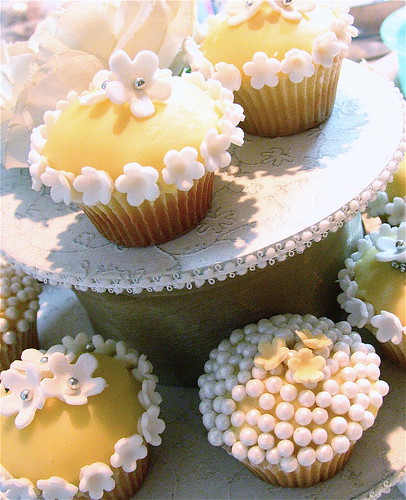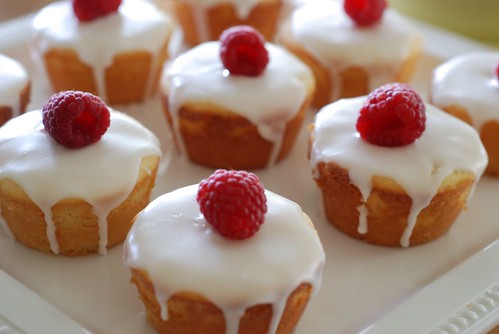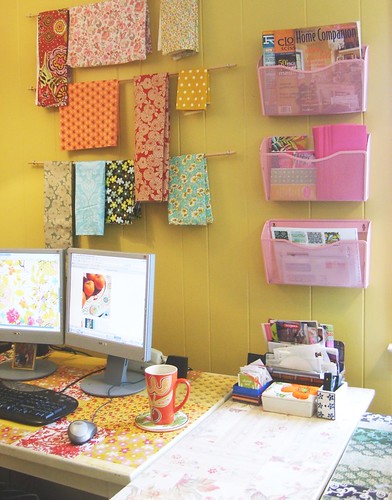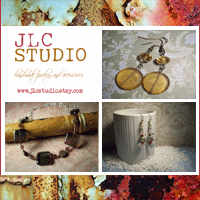Setinels 
I "met" the most incredibly talented photographer through the Etsy forums this weekend and am so excited to share his work with you!! I'm also happy to announce that he has graciously allowed me to interview him. I couldn't ask for a better candidate, he is talented, articulate and, to top things off, a genuinely nice person who truly cares about helping others. I was able to see that right off the bat not only from his Etsy shop, but also from his photography blog. Part of the proceeds from his sales at Etsy are donated to Children International, an organization where individuals can sponsor children living in extreme poverty around the world. Aside from this worthy cause, Robert is also dedicated to helping and encouraging other photographers (and amateurs like me) in their pursuit of the perfect photograph. He offers classes to teach the fundamentals of photography whether you are using a point and shoot digital camera or are more advanced. He also provides free tips and techniques on his blog. Robert just launched his gorgeous website to showcase his work...Check it out-it's beautiful and user-friendly!
So, lets get to know this remarkable photographer a little bit better, shall we?
Tangle 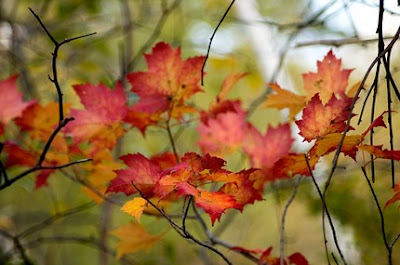
When did you first become interested in photography? What type of training (if any?) have you had?
I can certainly thank my mother for introducing me to photography when I was very young. She is an artist and great photographer herself, and when I was…oh, less than 10 years old for sure, she would let me use her Pentax K1000 35mm.
I took that camera with me to Arizona to visit my grandmother and was hooked. I came home and made 8x10 enlargements and just loved the whole process.
The only training I’ve had was in highschool. The basic darkroom work. Other than that, I’m self taught. For photography I think once you have an understanding of how the camera works, you just need to shoot and develop your style and your creative eye. I have nothing against formal training but it’s not something I’ve been interested in. However, I’m always open to learning from other photographers, getting a different perspective and sharing ideas. That’s more helpful than a classroom.
Do you remember the first photo you took that made you, or someone else, believe that you had a real gift for this medium?
Since I started so young it’s hard to say, but I do remember I had taken some photos in Sedona when I was a kid and in hindsight they were pretty good. Later in highschool I was good at sports photography and would take portraits of my friends which they all thought were fantastic. Everyone would say “you should really do this”. A single photo? No, not yet.
Susans 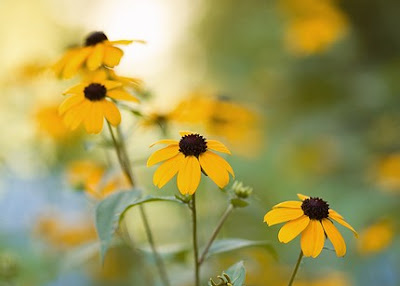
Your photographs have amazing depth of field and clarity, how do you capture these shots? What type of equipment do you use?
If I look over my shots I often find that I enjoy shooting with a shallow depth of field. That is, having my main subject in focus and then throwing a portion of the photo out of focus. I like drawing attention to a certain part of a picture because to me it adds more feeling. I enjoy finding backgrounds with wonderful colors and patterns behind my subject and turning it into a dreamy, soft swirl of color.
Knowing what depth of field to use and taking clear pictures is a combination of two things. Having fundamental knowledge of how a camera works and how to control the various aspects of exposure, depth of field, etc. The second part is developing that artistic eye over time so that when you are looking at a potential subject, you can almost envision the finished photo in your head before you even take it.
That’s the artistic answer. The technical part of getting clear images is also to use good quality glass. Lenses are often more important than the camera body and I try to use the best glass I can, and a sturdy tripod. A tripod for macro work is absolutely essential.
Right now I shoot with a Nikon D300 dslr. But I have to say, though it’s the most often asked question “What kind of camera do you use”, at a certain point it really doesn’t matter. Of course, you can’t make 20x30 inch prints from a 1mp camera or a disposable so on a certain level it matters. But in reality, the quality of a photo depends on the skill and eye of the photographer. Having the latest or best camera doesn’t make someone a photographer.
If having the best equipment made a person great, it would translate into other fields as well. A bad golfer doesn’t improve his game with the latest driver. Hand me the best brushes and paints, and you’re still going to get stick-figures. Photography is a skill and an art that some people can do better than others, no matter what equipment they use.
I imagine that shooting wildlife is an extremely time consuming task, how much time does it take to set up a shot and how many usable shots do you usually come away with after a session?
It certainly can be but that’s half the fun. In fact, I would love to be able to take more time, travel and lose myself out in the wilderness for weeks if it were possible.
There are a lot of variables in photography and not everything goes as planned. You can get lucky, set up your equipment and within minutes have a fantastic shot, or you can literally sit there all day and come away with nothing. That’s really for animal or bird photography. Sometimes, you walk outside, raise the camera and bam, you’ve got it. Nature is unpredictable so patience is definitely a virtue. I’ve sat for 3 or 4 hours in the cold sometimes before I come away with something I like.
As far as usable shots, if you’re talking about shooting animals or birds that can really depend on your luck and the conditions, but my percentage is usually pretty high. My percentage of shots I’m happy with for regular landscape photography is very high because I think about the shot before I take it.
With digital photography now, people have a tendency to just click away. They don’t have to pay for film, they see the shot right away in the lcd and there’s instant gratification. But that instant thrill can also stop people from thinking and from seeing. When I decide to photograph something, I walk around, I look at angles, I try to think “How would this look at a different focal length? What if I changed the depth of field” I try to slow down and take my time. When you do that, you not only walk away with a bigger percentage of keepers, but you walk away with better photos.
Majestic, Red Tailed Hawk 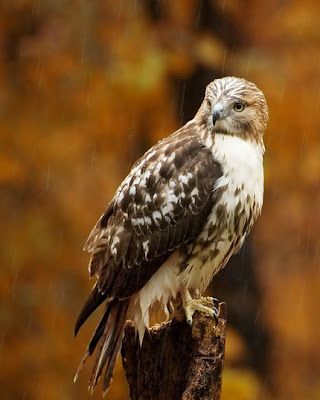
Coping, Tufted Titmouse 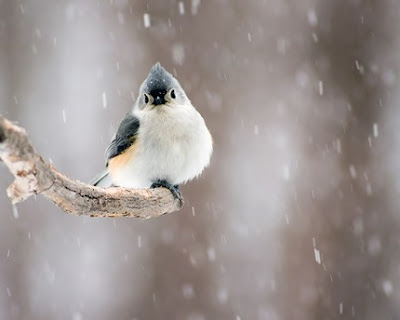
Standout, Male Cardinal 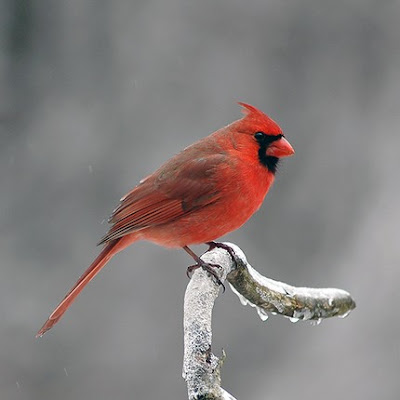
Diversidee, Chickadee (the cutest little guy-I LOVE this photo) 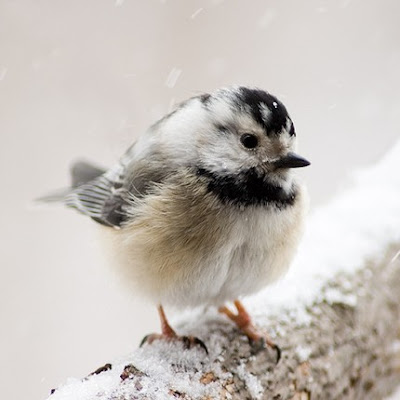
Do you visualize your shots ahead of time or are your photos more a result of the scene that presents itself?
This is related to my answer above but I’ll try to give a different aspect. Right now, I probably have 500 unfinished photos in my head, usually involving models. I don’t visualize nature or wildlife photography. Well, I’m lying. I do have ONE picture in my head of some horses but it hasn’t happened yet.
I approach nature shots carefully as I answered above, but I would say that it is very difficult to plan nature photography. Weather and light conditions change drastically from day to day, even minute to minute so you have to adapt. If you drive by something beautiful one day and think “Oh, I’ll come back tomorrow and take a picture” you’re going to be sadly disappointed. Plan as much as you can, arrive when the light is best or the best time of year for that particular shot, but then be ready to adapt yourself to what’s in front of you.
Yesteryear 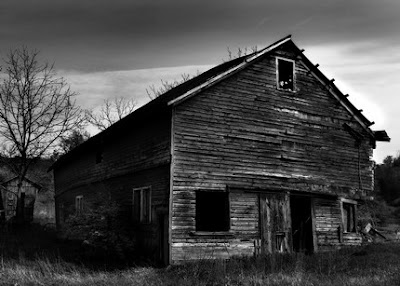
Summer Blueberries 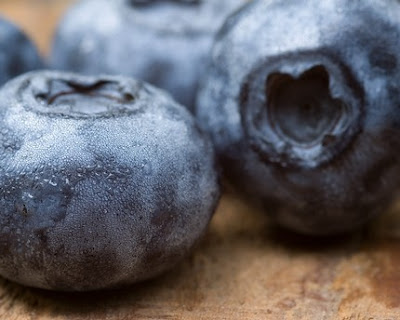
What makes a good photograph for you?
Emotional connection. That’s all any art really is, something that moves you. Personally, I don’t care how an image was created, what kind of camera was used, I don’t care WHO took the picture, whether it’s someone famous or someone who got lucky on their first shot. I don’t care if the picture has been taken with film or digital, or anything else. If I like what I see, if to me it’s beautiful and if it connects with me on an emotional level, then to me it’s a good photograph.
Do you have a favorite photo you have taken over the years, tell us about it?
One that kind of sticks out in my mind at the moment is a shot of a Nuthatch. People can view the photo here:

http://rscorp.deviantart.com/art/Winter-blues-44774607 (I had to add it in because it's sooo brilliant!)
I was photographing birds in winter, it was extremely cold, and none of the birds had been cooperating at all. I decided to call it a day and just as I made that decision, the nuthatch landed on a tree and started making his way down the trunk. I composed it the way I thought it looked best and got 1 shot of him before he flew. To me it just all came together with the light, the colors, his pose, etc.
The bad news? My computer crashed and took the original file with it before I backed it up. Can you hear film loyalists laughing right now? Anyway, lesson learned and I make copies of everything immediately now.
Soaring 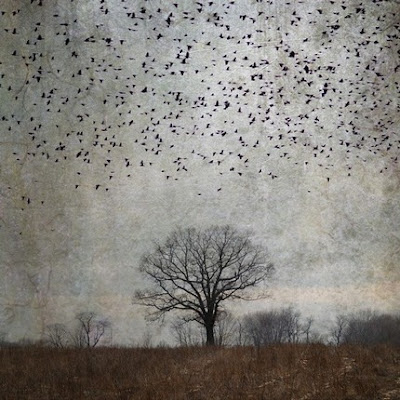
Bokeh 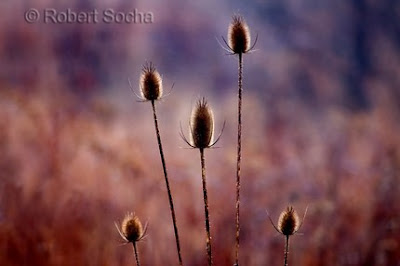
Amazing!! That's all I can say after this experience... I want to thank Robert so much for taking the time to share a little about himself and give us a little insight into creating his fabulous photos. His work has truly inspired me and I hope that it does the same for you. If you are interested in purchasing any of the images you see in this post, please visit Robert's Etsy shop or his website. Also, for those of you on the east coast, Robert offers photography workshops as well as professional photography for both individual and commercial clients.
